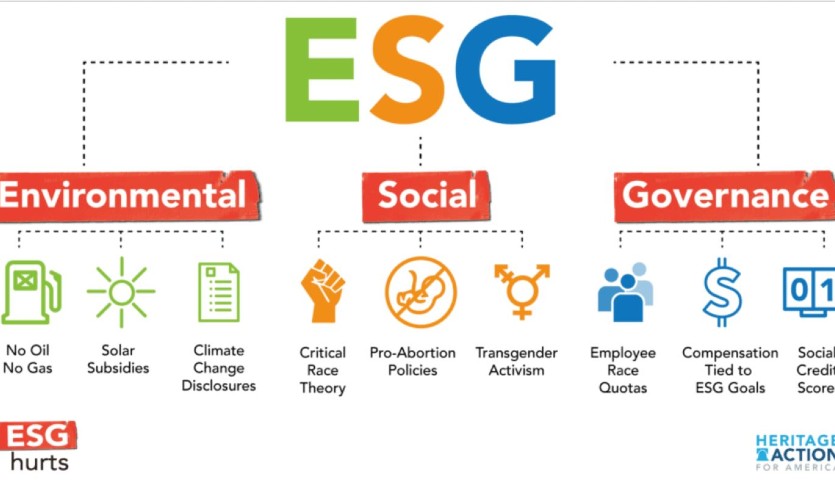The federal government announced on Friday that U.S. employers added 339,000 jobs in May. That beat expectations from websites such as Marketwatch (190,000) and the number was higher than the 278,000 in the ADP employment report that preceded the findings from the federal government.
Still, Alfredo Ortiz, president and CEO of Job Creators Network, has concerns about things such as labor force participation being at a low 62.6% – and the fact that for the 26th consecutive month, average wages grew slower than inflation.

"When we look at real wages, for example, those continued to decline – which means that Americans are just getting poorer and poorer, and they're seeing their dollars go a lot less and their standards of living fall," Ortiz tells AFN.
Pointing to the Job Openings and Labor Turnover Survey (JOLTS), Ortiz says the quit rates have declined significantly, indicating that workers aren't as confident that they can easily find other jobs.
"That's really important because … a year ago the labor market was so strong, so tough … that there was continued inflation on wages. [But now] the labor market is getting softer. So, there's going to be less wage inflation."
He's also concerned for those who own small businesses. "A big concern for [them] right now is that the Federal Reserve will use this jobs report to increase interest rates again at its next meeting this month," says Ortiz. "This move would further reduce access to credit for small businesses and hurt community banks that make 60% of small business loans."
According to JCN's new SBIQ poll, two-thirds of small businesses say rising interest rates will reduce their access to credit. "Credit is the lifeblood of the economy," notes Ortiz, "and without it, the nation will fall back into a recession."
Ortiz argues that the Joe Biden presidency will be "forever marked" as one where Americans got poorer and saw their living standards decline.







